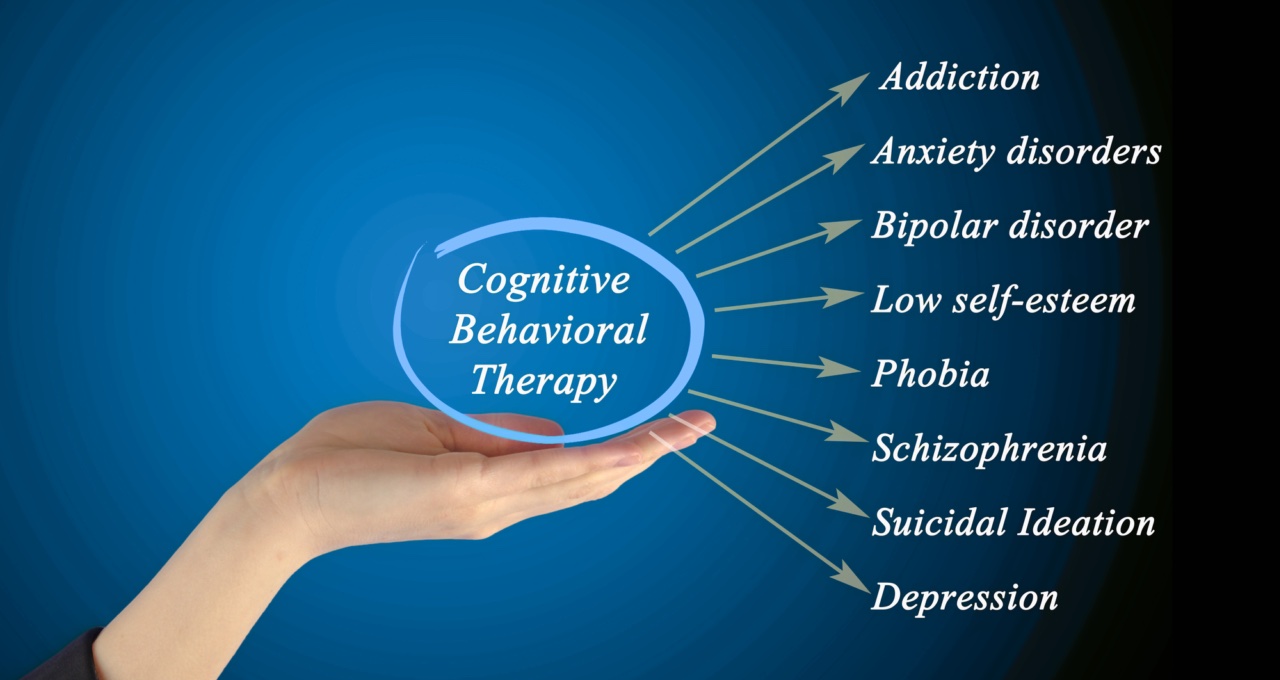Depression is a prevalent mental health issue that affects millions of adults worldwide. It can have a significant impact on individuals and their families, making it essential to understand the available treatment options and support resources. In this guide, we’ll explore various aspects of depression, including symptoms, causes, and comprehensive treatment approaches that combine medication management, telehealth services, and evidence-based therapies.
Causes of Depression
Depression can manifest in various ways, and its symptoms can vary from person to person. Common signs of depression include:
Family history: Genetic factors and exposure to environmental factors in families with a history of mental health disorders can increase the risk of developing depression.
Neurotransmitter imbalances: Imbalances in brain chemicals like serotonin, dopamine, and norepinephrine can contribute to depression. Antidepressants often target these imbalances.
Chronic medical conditions: Conditions like diabetes or heart disease can increase depression risk due to physical and emotional challenges, hormonal imbalances, or direct effects on brain function.
Substance abuse or addiction: Drug and alcohol abuse can interfere with brain function and neurotransmitter balance, increasing the risk of depression.
Stressful life events: Major life stressors, such as job loss or relationship problems, can trigger depression in predisposed individuals.
Hormonal changes: Fluctuations during pregnancy, postpartum, or menopause can impact mood and mental health, increasing the risk of depression. Addressing hormonal imbalances may be essential in treatment.
Treatment Approaches
A holistic approach to treating depression often involves a combination of medication management, therapy, and support resources. Some key components of comprehensive depression treatment include:
Medication Management:
Antidepressant medications can help regulate brain chemicals and alleviate depression symptoms. A psychiatrist can work closely with individuals to develop a personalized medication plan, monitor progress, and make adjustments as needed.
Telehealth Services
Remote access to mental health professionals can be a valuable resource for those who prefer or require virtual consultations. Telehealth services can provide support and guidance, regardless of location.
Evidence-Based Therapies:
Therapeutic approaches, such as cognitive-behavioral therapy (CBT), can help individuals address the underlying issues contributing to their depression. Through individual or group therapy sessions, people can develop healthy coping strategies, improve their mood, and work towards lasting recovery.
Support Resources:
Connecting with others who share similar experiences can be beneficial for those dealing with depression. Support groups, online forums, and mental health organizations can offer valuable resources and a sense of community.
Understanding depression and the available treatment options is crucial for those affected by this mental health disorder. By exploring comprehensive approaches that combine medication management, telehealth services, and evidence-based therapies, individuals can find the support and resources they need to overcome depression and improve their overall well-being. If you or a loved one is struggling with depression, consider reaching out to a mental health professional or support group to begin the journey towards recovery.




